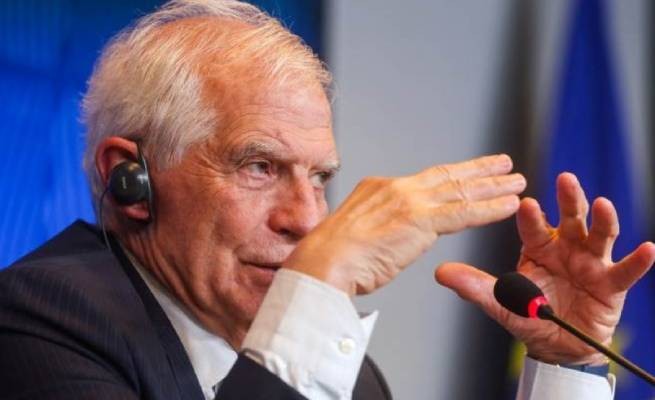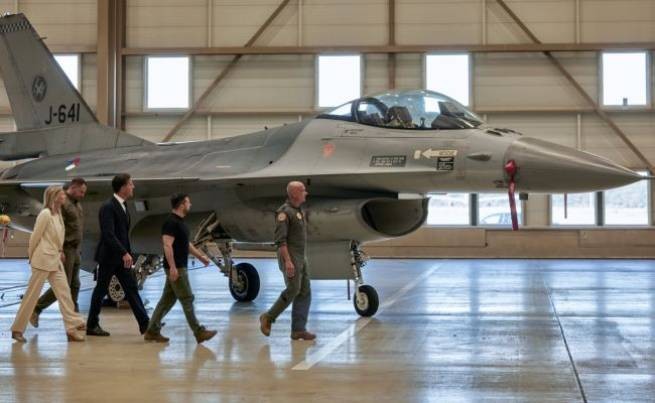Al-Qaeda’s jihadist network could surpass Daesh as the preeminent terrorist group threatening international security, according to a new report released Tuesday by the UN.
Citing intelligence provided by UN member states, the report says that al-Qaeda, the brainchild of the CIA during the Cold War, is on the rise, in part because of the Taliban’s successful takeover of Afghanistan last summer.
“The international situation is favorable for al-Qaeda, which intends to once again become the recognized leader of the global jihad,” it explains.
“Al-Qaeda propaganda is currently better developed to compete with [Даиш]as a key player in inspiring the international threat environment, and it could eventually become a more significant source of directed threat,” the report adds. It notes that ISIS “since October 2019 has suffered a series of losses in the leadership, it is not yet known how this will affect its operational state.”
Experts believe that the threats from both terrorist groups remain high, especially in conflict zones in Africa, Central and South Asia and the Levant, which are considered the most vulnerable.
Ayman al-Zawahiri, a former deputy and current leader of al-Qaeda, is “alive and free to communicate,” according to a report based on his regular video messages. However, the group is not seen as an immediate global threat:
“Al-Qaeda is not seen as an immediate international threat from its safe haven in Afghanistan because it lacks external operational capacity and does not currently want to create international hardship or embarrassment for the Taliban.”
UN experts say that despite the territorial defeat from the combined forces of the Iraqi army, Iranian-backed militias, “[ДАИШ](thanks to the tacit support of the United States), remains a persistent and persistent threat due to its decentralized structure and ability to organize sophisticated attacks.
The extremist group still maintains two distinct organizational structures in Iraq and Syria, in addition to regional networks in Turkey, Afghanistan, Somalia, the African Basin of Lake Chad, Libya, Yemen, and the Sinai Peninsula in Egypt, so that it can “support global capabilities groups and reputation.







More Stories
From November 1st, an electronic conscription system will be launched in the Russian Federation.
In a Ukrainian circus, child acrobats fell from a height (video)
Who were the Ukrainians killed in Germany?